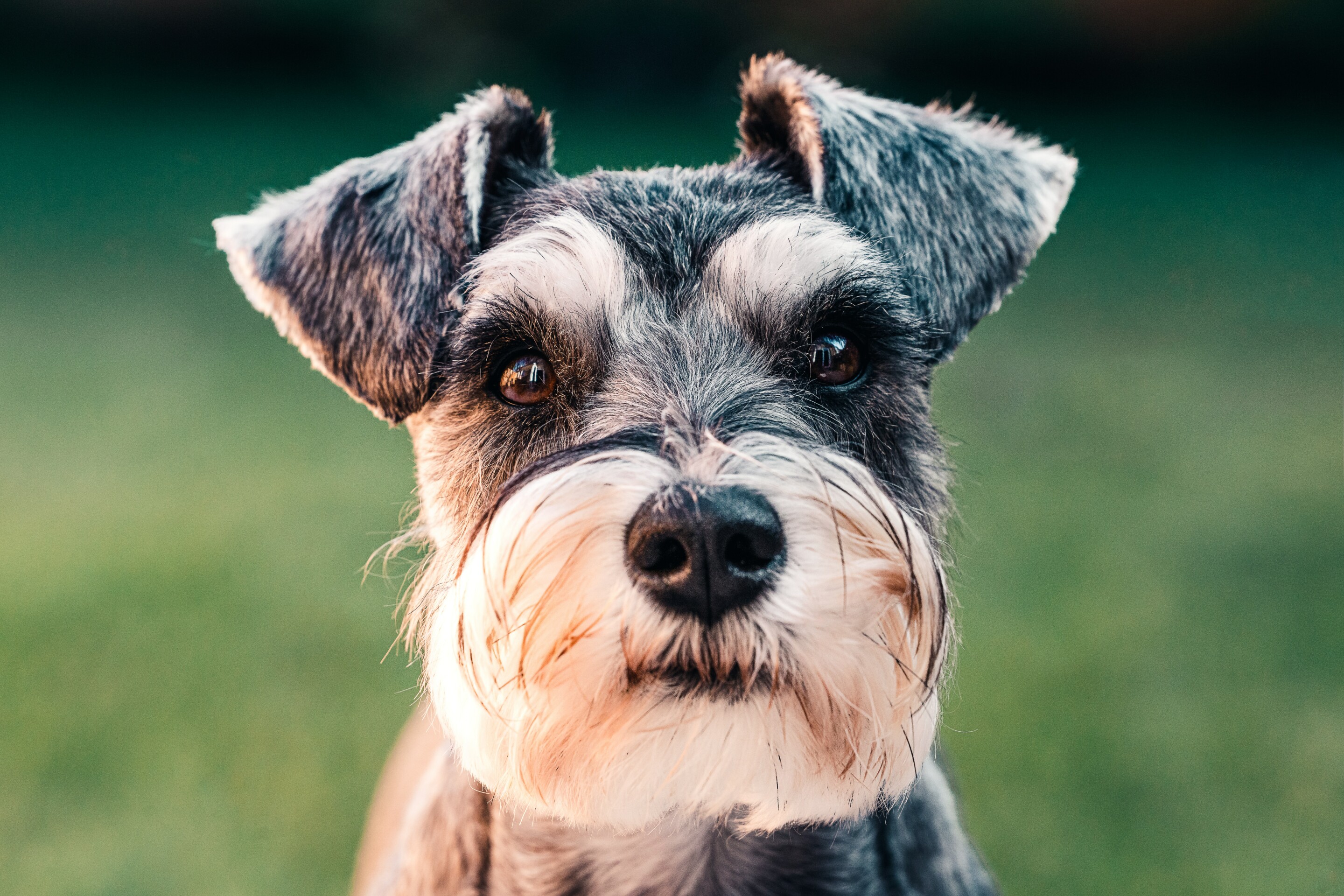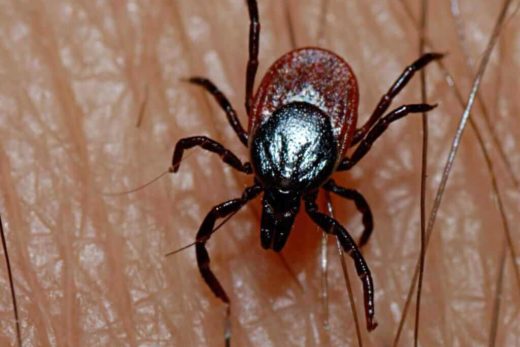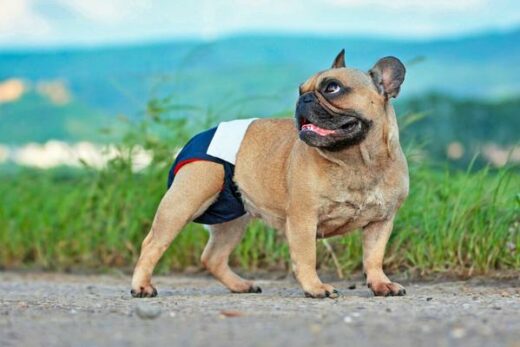
As our canine companions age, their health and well-being become increasingly important. Thankfully, there are ways we can care for our senior dogs to help ensure they have a good quality of life.
In this post, we’ll discuss some tips for helping your elderly dog stay healthy and happy. By following these simple guidelines, you can make sure that your furry friend enjoys his golden years to the fullest!
What age is considered a senior dog
Before we talk about how to support your senior dog’s health, let’s first define what we mean by “senior.” Generally speaking, smaller breeds tend to have longer lifespans than larger breeds, so a toy poodle may not be considered a senior until he’s 10 or 11 years old, while a great dane may be considered a senior at just 6 or 7 years old.
Some common signs of aging in dogs include:
- Graying of the fur
- Loss of muscle mass
- Decreased activity level
- Difficulty getting up from a lying or sitting position
- incontinence
Now you know when a dog is considered senior, let’s move on to how you can support your senior dog’s health.
What to feed a senior dog
As your dog ages, his metabolism will slow down and he may become less active. This means that he’ll require fewer calories than he did in his youth. It’s important to adjust his food intake accordingly to avoid obesity, which can put unnecessary strain on his joints and heart.
You may also want to consider switching your senior dog to a food that’s specifically formulated for older dogs. These diets often contain higher levels of fiber to support digestive health, as well as nutrients like omega-3 fatty acids that can help keep joints healthy.
How often you should feed a senior dog generally stays the same as when they were younger. However, if your dog is having trouble digesting his food or is losing weight, you may need to increase the frequency of meals or portion sizes.
Exercise for senior dogs
While your senior dog may not be as active as he was in his youth, it’s important to make sure he’s getting enough exercise. Exercise is essential for maintaining muscle mass, keeping joints healthy, and preventing obesity.
Of course, you’ll want to take your dog’s age and health into account when planning his exercise routine. Seniors with arthritis or other joint problems may not be able to go on long walks or runs like they used to. However, there are still plenty of ways to give them the exercise they need, such as:





